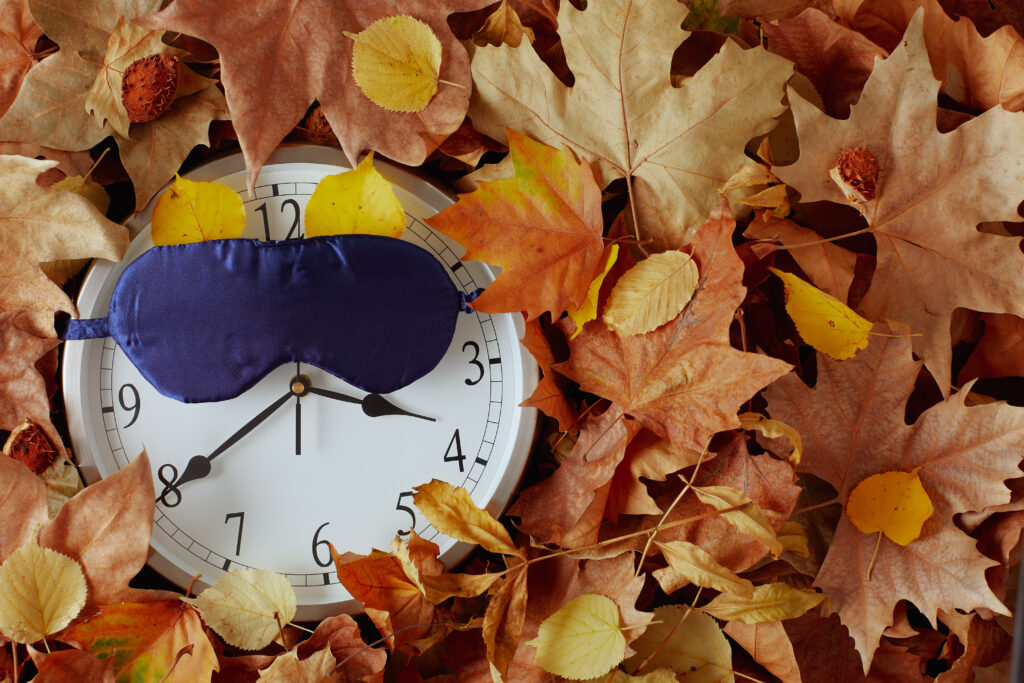Sleep
How Autumn is Influential to Your Healthy Sleep Pattern
Autumn may be a favorite season for millions of Americans and people around the world, it may not be so kind to your sleep pattern. Although the fall means summer is coming to an end, autumn brings the promise of cooler weather, changing leaves, warm beverages, and the Holiday season. In addition to everything that’s changing in the world around you during autumn, you may also notice a change in your sleep pattern. Most people have a harder time falling and staying asleep when fall rolls around, and this article will examine why that is and what you can do to maintain a healthy sleep schedule.
Why Does Autumn Disrupt Sleep Patterns?
There are several reasons why autumn disrupts sleep patterns, and here are four of the main ones.
Hormonal Changes
The biggest reason it’s harder to fall asleep when the days get shorter and the temperatures get colder is because it results in hormonal changes. Cold weather and less sunlight lead to less melatonin production, which is the body’s most important hormone for inducing drowsiness and sleep.
Allergy, Cold, and Flu Season
For most people, colder weather and environmental changes are a direct leadup to the cold, allergy, and flu season. As a result, nighttime stuffiness and discomfort make it much harder to fall asleep. While these issues can happen at any time of year, they’re more common in autumn.
More Screen Time
In addition to all the other changes that happen during fall, it also means the arrival of football season. This leads to more screen time than most people are used to, which can lead to staying up later and making it harder to wind down in the evening. Even if you aren’t a football fan, the cooler weather and shorter days make people more apt to bundle up on the couch and watch a movie or show than spend time outside.
Seasonal Affective Disorder
Although Seasonal Affective Disorder (SAD) was once thought of as something people blamed for explaining away their foul behavior during autumn and winter, it’s a very real condition that millions of people struggle with. Less sunlight and warmth in the world makes many people more prone to depression, anxiety, and stress, which makes it harder to fall asleep at night.
How to Maintain a Healthy Sleep Pattern This Fall
If you struggle with occasional sleeplessness in autumn because of one of the above or another issue, here are some tips to help you maintain healthy sleep patterns when the weather changes.
Don’t Change Your Schedule
First off, do your best to stick to the same sleep schedule as you do at other times of the year. This means you should go to bed and turn off the TV at the same time as usual, even if there’s a good game on. It’s also harder to stick to a consistent sleep schedule when it starts getting darker earlier than normal. However, by being consistent, your body will reward you, and sleep won’t be as elusive.
Avoid Things That Inhibit Sleep
It’s also important to avoid things that inhibit sleep in the hours leading up to when you turn in for the night. Caffeine, alcohol, sugar, and other foods and beverages that induce wakefulness will make it extremely difficult to fall asleep. Therefore, you should avoid them before bed and limit their consumption throughout the day if you struggle with occasional sleeplessness.
In addition to avoiding certain foods and beverages, it’s also important to get plenty of exercise, eat a healthy, balanced diet, and get as much sun during the day as possible.
Meditation and Mindfulness
If you struggle with SAD or your life naturally gets more stressful during fall, as it does with teachers, for example, meditation and mindfulness are extremely helpful. Mindfulness and meditation can help calm your mind at night and help you wind down after a stressful day. This can reduce occasional sleeplessness or waking in the middle of the night unexpectedly.
Sleep Supplements
In addition to mindfulness and meditation, you can also benefit from taking dietary supplements for occasional sleeplessness.. Supplements, such as Somni from Lane Innovative, are excellent for fighting occasional sleeplessness. It’s packed with minerals such as calcium and magnesium, as well as a blend of synergistic herbs, but avoids hormones, such as melatonin, because it can reduce the amount your body naturally produces.*
Like? Share with your friends
Learn More Information on How Somni Can Offer You a Better Sleep Experience*


